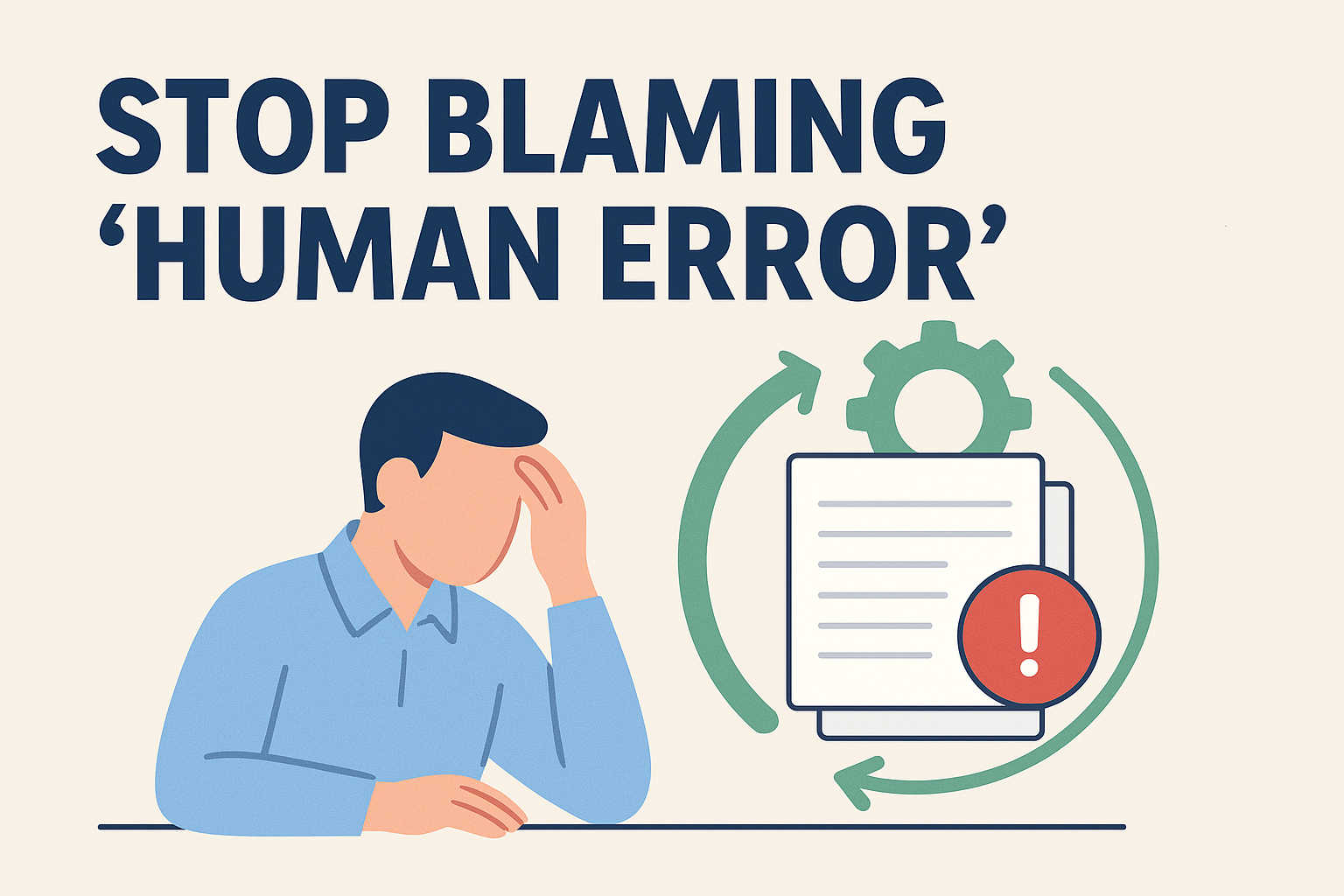Mohamad-Ali Salloum is a Pharmacist and science writer. He loves simplifying science to the general public and healthcare students through words and illustrations. When he's not working, you can usually find him in the gym, reading a book, or learning a new skill.
The Power of Small Steps in Achieving Big Goals
Share
Imagine climbing a mountain one careful, measured step at a time. Each footfall feels small, but collectively they carry you to the summit. The journey toward any ambitious goal works the same way. Rather than sprinting toward instant success, you build momentum through incremental progress that’s sustainable, scientifically sound, and historically proven.
What Are Small Steps?
Small steps are minimal, manageable actions designed to be repeated daily. They translate a lofty ambition—writing a book, launching a startup, running a marathon—into a series of attainable mini-tasks. At their core lies the principle of continuous improvement: gentle, persistent adjustments that compound into transformative outcomes.
Origin and History: Where Did This Concept Come From?
- Kaizen (Continuous Improvement): Originating in post-war Japan, Toyota’s Kaizen model revolved around empowering every employee to suggest tiny workflow tweaks. Over decades, these micro-upgrades multiplied into industry-leading efficiency.
- Atomic Habits (James Clear): Clear popularized the notion that 1% daily improvements, stacked over time, result in mastery. He emphasizes system design over sheer willpower.
- One Percent Rule: Early used in productivity circles, it encapsulates the idea that marginal daily gains beat sporadic leaps.
Scientific Background: Why Do Small Steps Work?
- Neuronal Pathways and Habit Formation: Every repetition strengthens synaptic connections. A 2010 study found that simple habits—like making your bed—become automatic in roughly 66 days of daily practice.
- Dopamine Feedback Loops: Small wins trigger dopamine surges that reinforce the behavior. Celebrating incremental victories—checking off a task, seeing tiny progress—keeps motivation high.
- Stress Reduction and Cognitive Load: Breaking a daunting objective into bite-sized tasks prevents the brain’s threat response. When challenges feel manageable, you’re less likely to procrastinate.
Causes of Stagnation: Why Do People Struggle to Take Action?
| Obstacle | Impact | Small-Step Solution |
|---|---|---|
| Fear of Failure | Paralysis, “why bother?” | Define a zero-pressure starter action (e.g., write one sentence). |
| Perfectionism | Endless tweaking before launch | Set time-boxed experiments (e.g., 15-minute draft). |
| Impatience | Quick burnout when progress is slow | Track micro-wins to visualize compound growth. |
| Overplanning | Analysis paralysis | Commit to one tiny task before mapping the next. |
Building Your Small-Steps Framework
- Clarify Your “Why”: Anchor each micro-action to your deeper purpose.
- Decompose into Milestones: Identify 3–5 key phases, then drill down each phase into daily tasks. Instead of aiming to “lose 10 kg,” start by drinking more water or walking 10 minutes a day.
- Habit Stack: Attach a new habit to an established routine (e.g., after morning coffee, spend five minutes brainstorming).
- Use Visual Tracking: A habit journal or minimalist calendar grid makes progress tangible. Celebrate small wins to maintain motivation.
- Review and Adjust: Weekly checks help you refine steps that are too easy, too hard, or off-target.
Stay patient: Remember, progress adds up over time!
How to Avoid Falling Off Track
- Set reminders to keep yourself accountable.
- Create a routine to make steps a habit.
- Find support from friends or mentors.
- Focus on progress, not perfection—imperfections are part of the journey!
Real-Life Examples of Small Steps Leading to Big Success
- Thomas Edison: He conducted thousands of experiments before successfully inventing the light bulb. Each test was a small step toward his ultimate goal.
- J.K. Rowling: She wrote Harry Potter chapter by chapter, even while facing personal struggles.
- Fitness Transformation: Many people who lose weight or build muscle do it through tiny changes, like drinking more water, adjusting their diet, and exercising a few more minutes daily.
Practical Ways to Apply Small Steps in Everyday Life
| Domain | Practical Small Steps |
|---|---|
| Health & Fitness |
|
| Learning & Personal Growth |
|
| Productivity & Work |
|
| Finances & Saving Money |
|
| Relationships & Social Life |
|
Final Thoughts: The Magic of Small Steps
Major breakthroughs aren’t natural phenomena—they’re the cumulative effect of purposeful micro-actions. Whether you’re sculpting your physique, authoring a novel, or scaling a business, start today with one manageable step. Over time, these tiny moves will not just add up—they’ll multiply, creating a momentum that carries you to achievements once thought impossible.
REFERENCES:
1-Stanford Graduate School of Business – Research by Szu-chi Huang suggests that focusing on small sub-goals early in a pursuit increases motivation, while shifting focus to the larger goal later helps maintain momentum. You can read more about it here.
2-Wharton School, University of Pennsylvania – Katherine Milkman’s studies highlight how small behavioral changes can lead to significant improvements in achieving personal and professional goals. Check out the article here.
3-Harvard Business Review – Sabina Nawaz discusses how micro habits—small, deliberate actions—help individuals accomplish ambitious goals over time. Read the full article here.
List of Services
ABOUT THE AUTHOR
Mohamad-Ali Salloum, PharmD
Share
Recent articles:





















